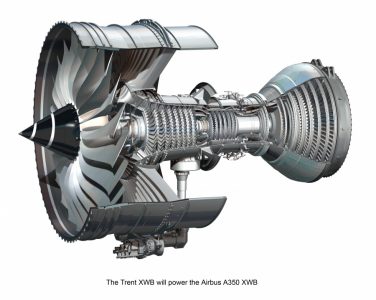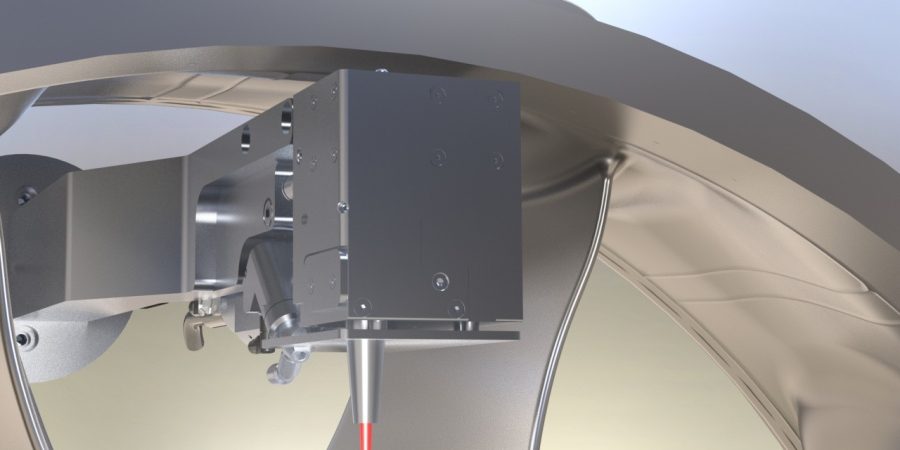GKN Aerospace
Home » Customer cases »
GKN Aerospace Sweden in Trollhättan supplies advanced components for the aerospace industry. .
GKN develops and manufactures components for aircraft and rocket engines in collaboration with the world's leading aviation industries.
The challenge:
What were GKN's requirements and what challenges did they face.
GKN wanted to reduce costs by automating production using robot technology and laser processes, and, at the same time, introduce more light weight technology. They wanted to get away from the big, expensive, heavy, single castings and replace them with geometric, slim components, which, with laser technology, could be welded and clad on advanced completed components with desired properties.


The solution:
What solution did Permanova suggest?
Permanova's experience of automation with robots and laser welding in the automotive industry could be used. An advanced double cell, with powerful robots with laser welding tools and external locator, using fiber transfer of a high power laser. The laser beam is non-intrusive, focussing on great power density. In contrast to TIG welding, the laser makes a deep narrow weld without heat having time to spread to the sides. Heat exposure and thus deformation is reduced.
Results and customer benefits:
Highly efficient, light weight technology
GKN Aerospace Sweden has developed an advanced laser cladding technique that, together with normal laser welding, gives rise to a highly efficient, light weight technology.
- Large, expensive, cast items are replaced by geometrically and materially optimised components, which, with laser technology, can be both welded and clad on advanced completed components with desired properties.
- Permanova's adapted laser welding tools can access tight spaces, which means that GKN can produce geometrically complex components.
- Permanova's experience from the automotive industry could be directly used for innovative shielding gas solutions and robust automation solutions around the laser processes.
- For the aerospace industry this means reduced weight, improved fuel economy and reduced emissions of CO2 and other environmentally sensitive products; quite simply a greener world.
